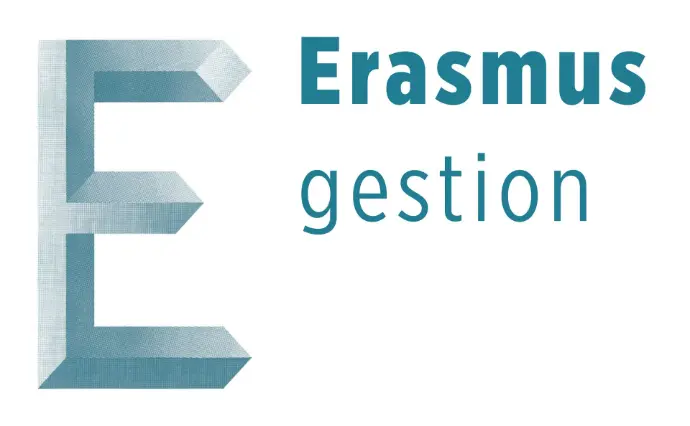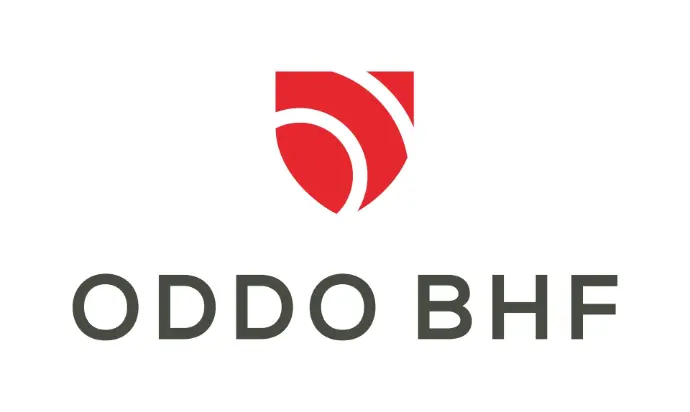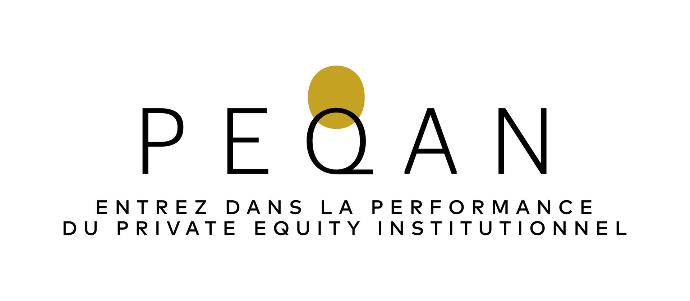Financial Engineering
Private Management (or Mandate Management)
-
Private Management (or Mandate Management): A management approach based on an agreement that defines the operating rules between a client and an independent management company.
The objective is to benefit from the logistical, research, and study resources, as well as the advice of knowledgeable professionals in managing one's portfolio. This allows the investor to receive an impartial perspective on the composition of their portfolio, independent of the insurance company with which the account was opened. The resulting actions (rebalancing, allocations, redemptions, etc.) aim for optimal performance and stability based on the prevailing context.
Structured Products
-
Structured Products: Non-listed financial products created by banks, which can be subscribed directly or through various accounts like CTO, PEA, life insurance, or PER.
These products combine various financial assets (bonds, stocks) to achieve optimal returns while protecting the invested capital. The performance is tied to underlying assets, such as interest rates.
Private Equity (or Venture Capital)
- Private Equity (or Venture Capital)
:
Taking majority or minority stakes in the capital of privately held companies.
The objective is to achieve long-term capital gains through the sale or partial sale of the acquired stakes.
This investment is made either directly through companies or through funds. Since the securities are not listed on financial markets, Private Equity aims to be correlated with the real economy. Becoming a shareholder in a local company, a startup that has not yet gone public, or supporting a friend by investing in their company's capital are all examples of Private Equity investments.
Our Partners


























